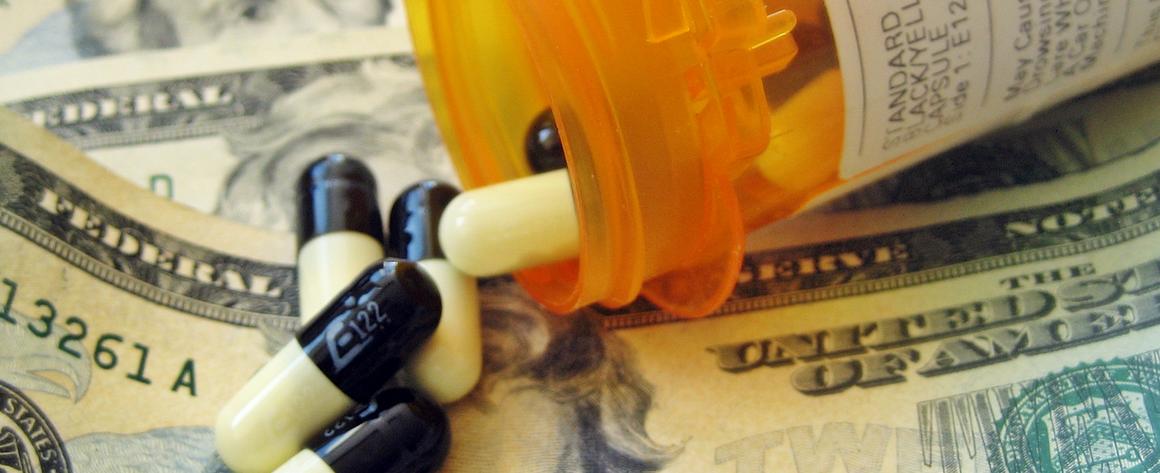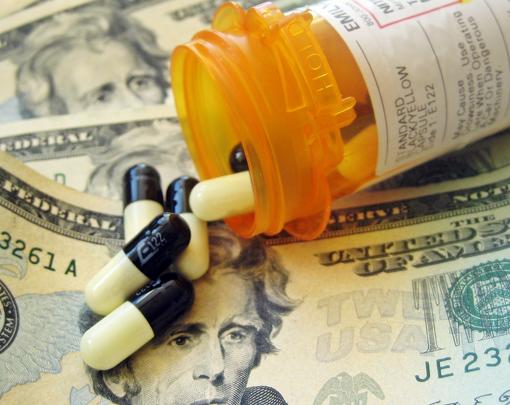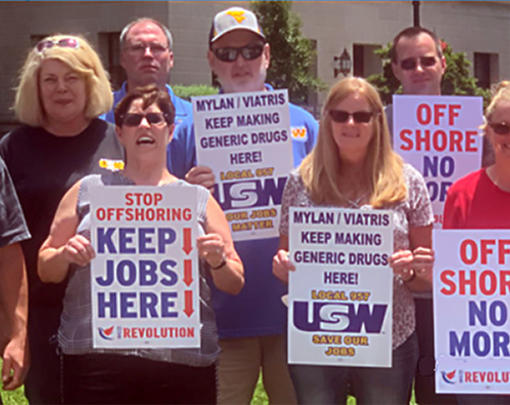Drug-resistant “superbugs” are predicted to kill more people per year than cancer by 2050. It’s a problem that’s increasingly seen as a threat to national security, with potential consequences for trade, global development and even counterterrorism.
It’s also a problem that the pharmaceutical industry is unwilling to make the investments to address, because, they say, there is no market incentive to do so.
In an article today for The American Prospect, I argue that given this “bad case of market-incentive syndrome, it is time to consider the establishment of public pharmaceutical companies as an antidote.”
The federal government has already tried all of the traditional forms of persuasion to entice pharmaceutical companies to pour more research and development money, the article says, but the strategy has failed. The crux of the issue: “the industry’s increasingly financialized business model, which puts profits over people.”
Ensuring that the public has access to next-generation antibiotics and other life-saving drugs would require severing the tie between R&D costs and sales volume, what’s referred to in the industry as “delinkage.” “The ultimate form of delinkage would be to take the development and production of medicines like these into public hands and out of the market entirely,” I write. “What’s more, Americans across the political spectrum already support the idea of a public option in pharmaceuticals.”




